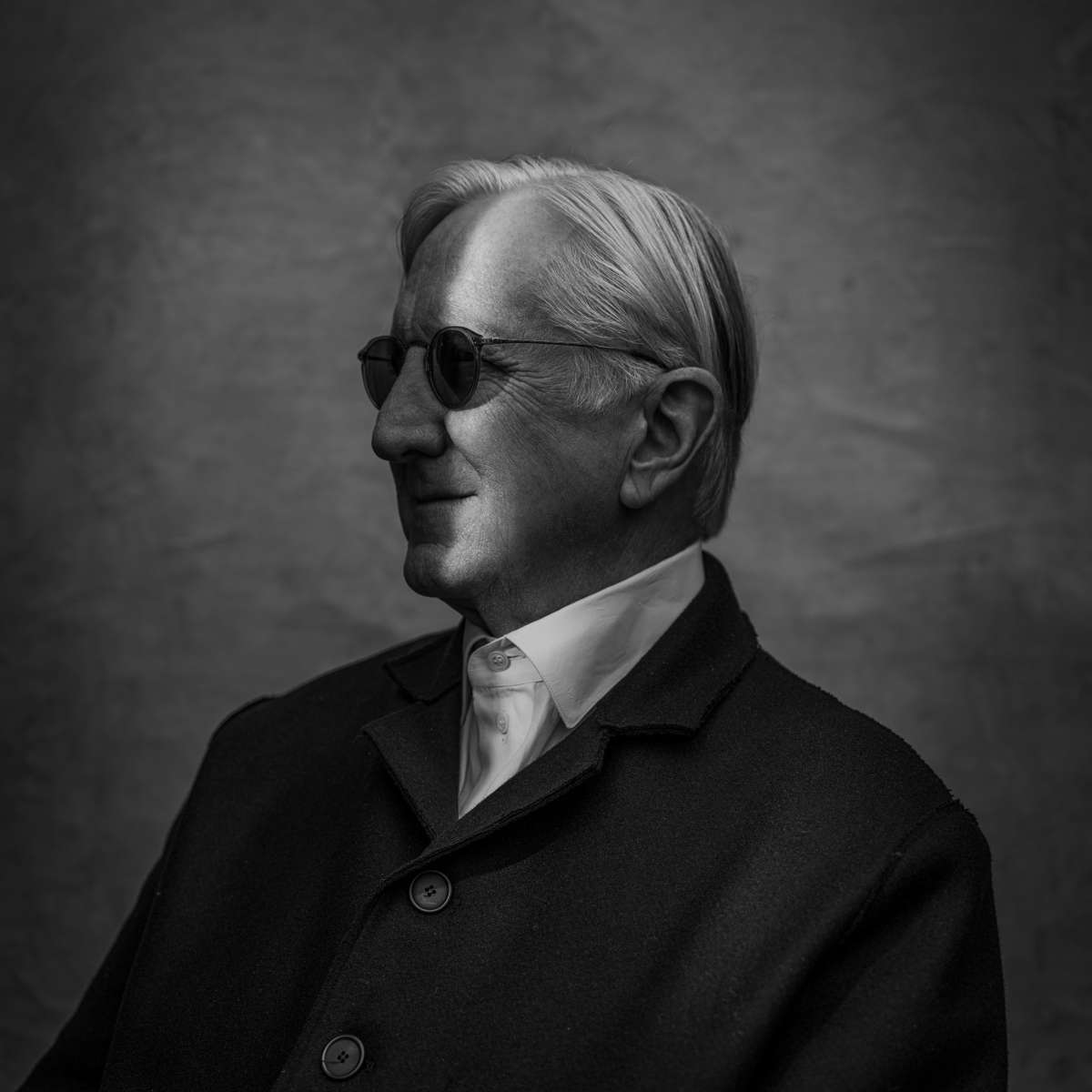LOW TICKET WARNING!
WXPN Welcomes
T Bone Burnett

Wednesday, October 30, 2024
Doors: 6:30pm | Show: 8pm
$45-$65 advance + day of show
VENUE INFO – PLEASE READ!
- This is a ticketed event. Everyone must have a ticket for entry.
- Join us before the show for dinner & drinks in The Lounge, our full-service restaurant & bar on the upstairs level which opens at 6pm. View menu & make a reservation.
- Mezzanine ticket holders are seated on the balcony overlooking the main stage, with access to a private bar, restrooms, and dining area where you can order from The Lounge menu.
- If you require accessible seating and none is available online, please contact us at boxoffice@worldcafelive.org or 215-222-1400 prior to the show so we can best accommodate your needs.
- Join the WCL Fan Club for priority entry, food & merch discounts, exclusive offers, and more. Mega & Ultimate Fan levels include 24-hour presale access and no ticket fees.
- World Cafe Live is a nonprofit independent venue where artistry meets social impact. Every purchase helps support our music education & community programs.
- See FAQ for more information.

When T Bone Burnett was making his new recordThe Other Side, he was thinking a lot about “you.”
“I was reading a news story that some shocking percentage of number one hit songs had the word you in the title,” says the Oscar -and Grammywinning composer-producer-songwriter well known for his work with everyone from Robert Plant and Alison Krauss to Brandi Carlile to Elton John and on iconic soundtracks including O Brother Where Art ThouandWalk the Line.
Burnett started contemplating who all those “you”s are and what it means when an artist puts them in a song.
Burnett says he realized that for many years, when he worked on his own solo albums as a singer-songwriter — in between acclaimed stints of
coaxing the best work out of a wildly diverse set of artists as a producer or curating ideal soundtracks for an equally disparate group of films and
series —he had been “tough” on listeners.
“I view the purpose of art as creating conscience, so I was constantly appealing to people's consciences,” he says of a solo career that stretches back to the mid-ʻ70s and includes several well-reviewed albums including 1992ʼs The Criminal Under My Own Hat. “But I realized when a songwriter use
the word you, he is, of course, in the world of conscience, but heʼs also in the world of people's dreams. And when you enter into people's dreams,
you have to be very careful with them.”
And the man born Joseph Henry Burnett knows about the power of dreams. As a teenager, he had a recurring nightmare. He and other members of his Episcopal church were lined up around the walls of the parish hall where peopleʼs right hands were being replaced with electronic tracking devices that could be controlled by shadowy black figures who lorded over a larger dystopian landscape.
“As I was already playing guitar at that time, I would wake up in a cold sweat saying ʻI can't do this. I've got to get out of here!ʼ” says Burnett, now 75,
but still crystal clear on the details of the dystopia. That nightmare sent him off on a study of writers and philosophers, including Marshall McLuhan
and Jacques Ellul, whose ideas about the ways in which technology threaten humanity would inform much of his work over the course of his career
including, most recently, his sci-fi-oriented The Invisible Light series.

